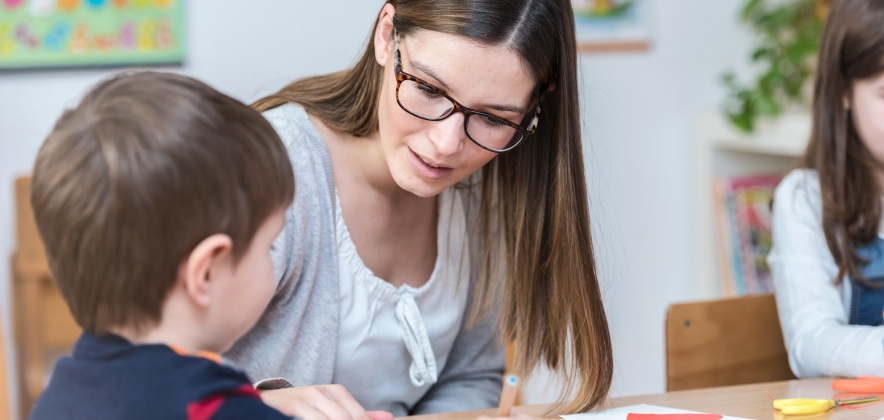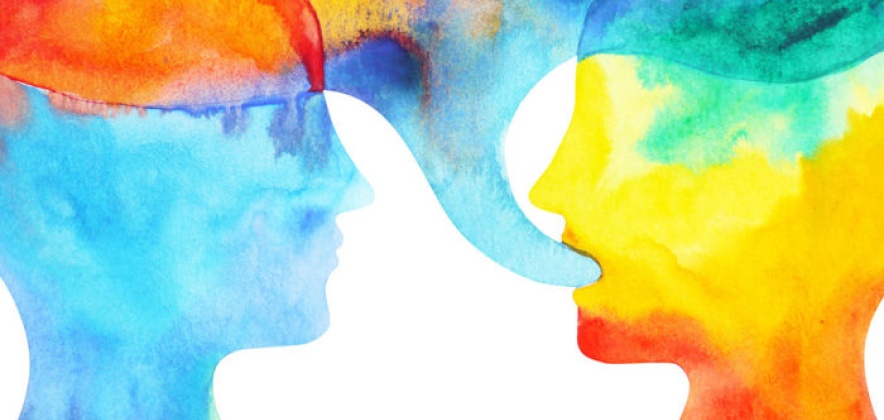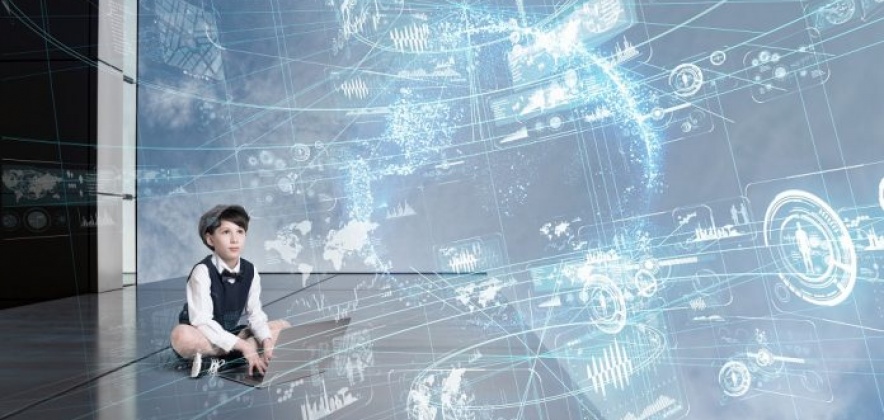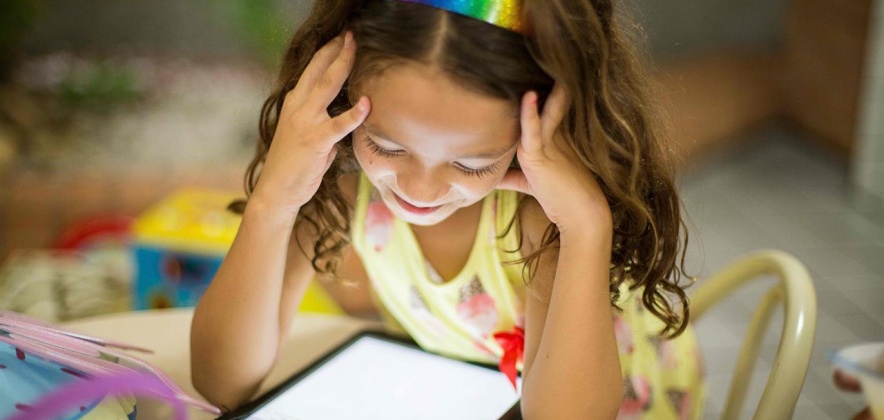
Abstract
The paper examines the transformations that distance learning has introduced in the learning environment, with particular reference to the fragmentation of educational interventions (alternation between face-to-face teaching and online teaching) and the consequent impoverishment of social relations. In this scenery of complexity, we are witnessing a dematerialization of the learning environment in which feedback is lacking or completely absent; an environment in which the sources of distraction multiply and the elements capable of activating attention are sought in on-line and off-line (often frivolous), activities that subtract valuable learning time. The lack of contact and limited confrontation leads students to close themselves in a social isolation that does not support interest, motivation, initiative and a critical sense. Starting from these considerations, in order to build the school of tomorrow it is appropriate to reflect on the outcomes of the emergency, to identify the elements on which to act to prevent or in any case limit the social effects (environment and relationships) that may derive from the adoption of a teaching in whose presence is limited or completely absent. Subject of analysis are: the evocative potential of places dedicated to formal and informal learning and the role of the implicit (implicit theories) in the representations of reality; the possibility of rethinking the spaces and times of teaching and the possibility of providing alternative forms of teaching, which favor dialogue and comparison between all the actors involved in the educational process. The paper offers some insights for thought on the possibility of innovating teaching by creating “active” environments, that allow you to combine training needs with the opportunities offered by technological innovation.
 Classified "A" by ANVUR in the fields 11/D1, 11/D2 Scientific in the field 14.
Classified "A" by ANVUR in the fields 11/D1, 11/D2 Scientific in the field 14.





